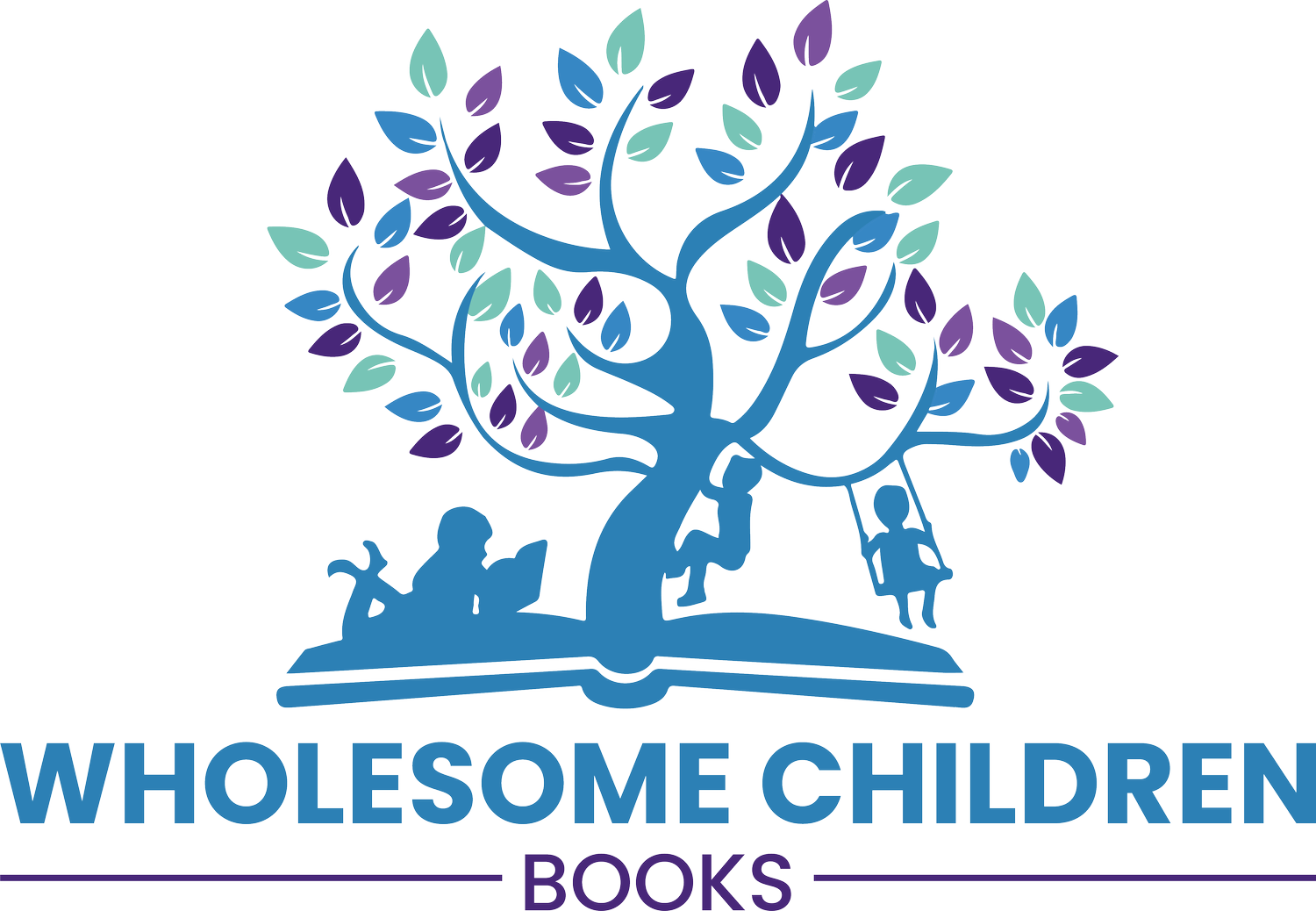Unconditional self-Love
Recently, my 5-year-old daughter opened up to me about her anxieties regarding school. She shared that she was feeling "too slow" at tasks like coloring. She worried that her pace might not be “acceptable” when she moves up to Kindergarten next year. As her parent, hearing her express such feelings at such a young age (she’s only 5 years old!!!) saddened me deeply. Where did this self-criticism and these feelings of inadequacy come from?
Thankfully, I was already working on the third book in the Wholesome Children: Self-Awareness series, which focuses on authenticity and self-love. This provided a perfect opportunity to guide her towards accepting and loving herself just the way she is. "So, I hear you’re a little slow at coloring," I said, "that’s okay. I love you just the way you are, even if you are slow at coloring. You are amazing, and I wouldn’t change a thing about you." I shared with her that both her dad and I have our own areas where we take our time, and it's okay. Success doesn't always come from being the fastest. We also discussed the idea that things (like class assignments) don’t have to be perfect. I encouraged her to enjoy the process without worrying too much about being perfect.
I share all this because I think it is so important to teach our children to love themselves, especially in a world where they're bombarded with messages of not being good enough. To do this, we must show them unconditional love, as highlighted in some of my favorite parenting books, like "No Bad Kids: Toddler Discipline Without Shame" by Janet Lansbury and "The 5 Love Languages of Children" by Gary Chapman and Ross Campbell.
Drs. Chapman and Campbell, for example, state, "Unconditional love is a full love that accepts and affirms a child for who he is, not for what he does. No matter what he does or does not do, the parent still loves him. Sadly, some parents display a love that is conditional. It depends on something other than their children just being. Conditional love is based on performance and is often associated with training techniques that offer gifts, rewards, and privileges to children who behave or perform in desired ways.”
We all want what’s best for our children and so, oftentimes, well-meaning teachers and parents push their children to excel at something that they don’t enjoy or to be better or different… to become something that they are not. Dr. Gabor Maté writes extensively about the perils of the struggle between authenticity and belonging, though there is so much to say about topic that I decided to write a separate post about it. For now, I will just say that no one can be good at everything! Some children are going to be good at sports, others will be great artists, others will enjoy and be good at math… While a well-rounded education is important, it is also important to encourage our children to explore and find the things that they are passionate about and that they enjoy doing, because then they will excel at them.
I firmly believe that we all have unique contributions that we can make to this world. Part of my job as a mother is to support my children as they explore and find their path, their unique “piece” in the puzzle of the world. Even if my daughter isn't the fastest at everything, I know she has many other wonderful qualities waiting to be discovered. Instead of trying to change who she is, I want to help her embrace her strengths and shine in her own unique way.
For adults interested in this topic, I highly recommend the book "Finding Your Own North Star" by Martha Beck. This book offers practical strategies for finding your true path in life and living authentically.
In nurturing self-love and authenticity in our children, we lay the foundation for a future where everyone can embrace their uniqueness and make a positive impact on the world.


